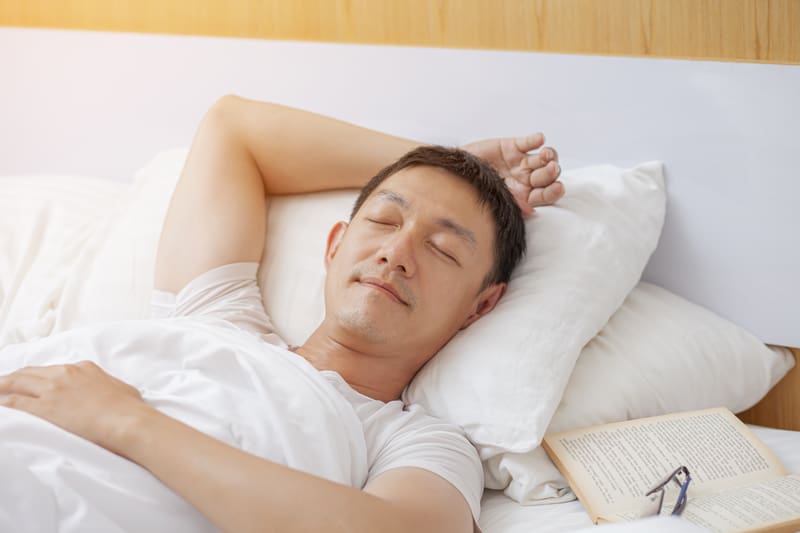
How to Get Better Sleep for Mental Health
Getting quality sleep is beneficial for your health as a whole. However, if you have depression or other mental illnesses, it can be difficult to fall asleep, stay asleep, and get enough sleep. You may need to do more in order to get the sleep you need, but it is absolutely essential to find what works for you.
Create the Right Environment
In order to get better sleep, you need to start by creating a space where it’s easier for you to sleep. Start by creating the right environment in your room. The room you sleep in should be cold, dark, and quiet as these are optimal sleeping conditions. You can make your room dark by putting up black out curtains or you can sleep with an eye mask on to block out light. Sleeping with a fan on can help to keep the room cold and the white noise can help block out any other sounds. You can also create the right environment by investing in a quality mattress and pillow that suits your comfort level.
Set Good Habits
The habits you have throughout the day and before bed can have an impact on your sleep. One of the best ways to help you establish a good sleep schedule is to expose yourself to sunlight earlier in the morning. Seeing sunlight signals to your body that it’s time to wake up and this helps to set your circadian rhythm so then you will feel tired at the appropriate time in the evening. Exercising during the day can also tire you out so you feel ready for sleep at the end of the day. Before bed, make sure you do some relaxing activities like reading to help you get ready for bed. Avoid looking at bright lights, including the blue light from your phone, and avoid eating before bed. Both of these can make it difficult to fall asleep.
Consider Supplements
While there is a lot you can do to help yourself fall asleep each night, sometimes you need some extra help. This is especially true if you are struggling with a mental illness. Taking certain supplements can help you to fall asleep at night. Melatonin supplements are commonly used because it triggers the hormone, melatonin, that makes you feel sleepy. Melatonin is not habit forming and is used for occasional sleeplessness. You could also use valerian root, magnesium, lavender and more. Always talk to your doctor and do thorough research before you begin taking a supplement.
Depression and other mental health struggles can have a lot of influence on your health and this includes trouble sleeping. However, sleep can also significantly improve your mental health, so it’s important to find ways to get the sleep that you need.
To help improve your depression, take a Self-Assessment to see if TMS treatment can be helpful for you.
